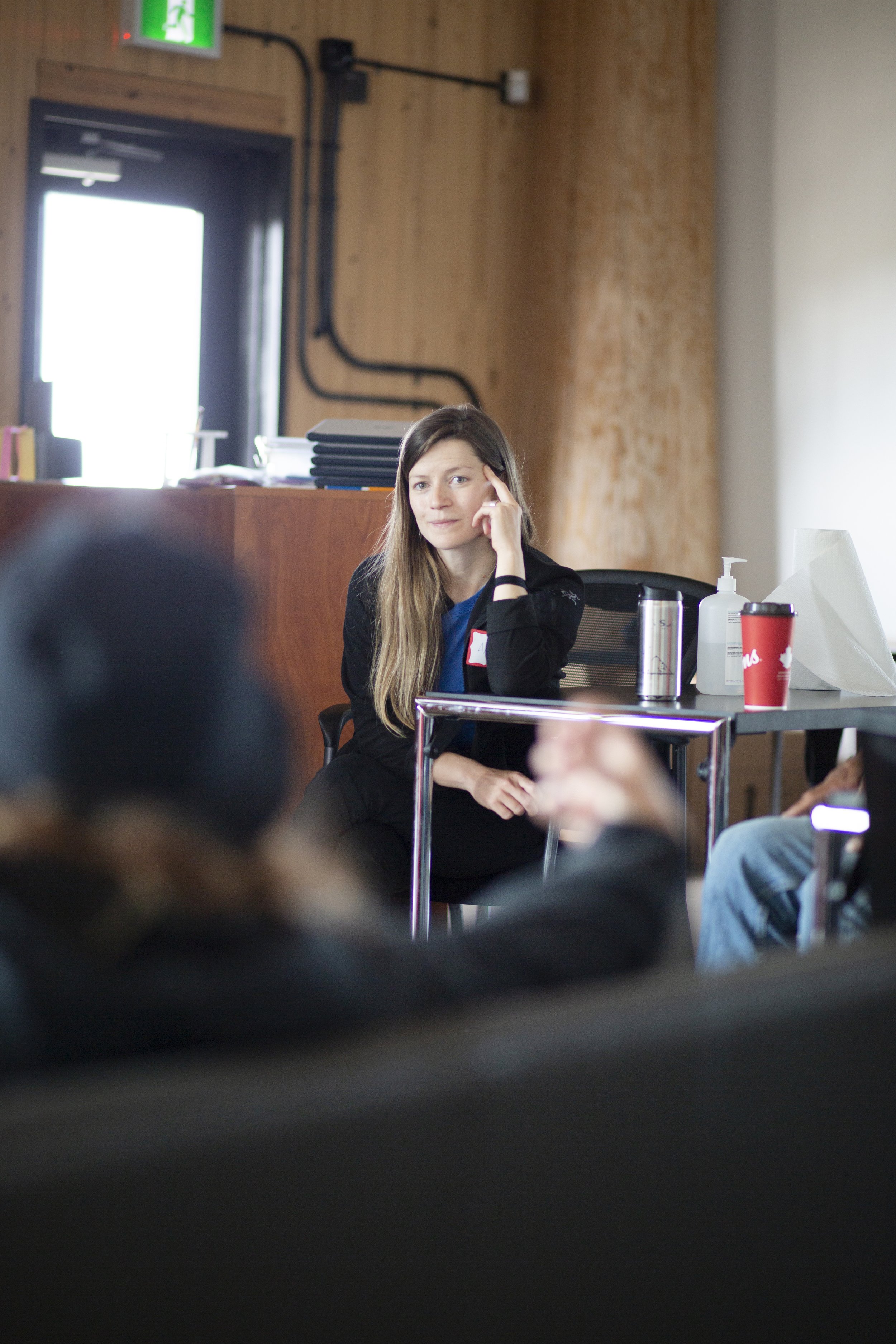The Fish Outlaws project explores the history of criminalization of Indigenous fishers in the Salish Sea Bioregion and how destructive colonial fisheries management and environmental practices have compromised Indigenous fishing rights and community wellbeing.
What shape can more just futures take?

Fish Outlaws is a National Geographic Society funded project, co-led by writer and poet Rena Priest, Indigenous fisheries scientist Dr. Andrea Reid, conservation scientist Dr. Lauren Eckert, and visual journalist Amy Romer.
For the past 200 years, colonizers of the Pacific Northwest have usurped access to the fisheries on which Indigenous Peoples have lived independently since time immemorial. Indigenous fishing methods have not been honored, while traditional harvesting practices have, in some places, been appropriated to the exclusion of Indigenous fishers.
Oppressive practices have included the confiscation of canoes, boats, nets, and other fishing gear; enforced exclusion from certain waters; incarceration of tribal and First Nations fishers; and threats of violence that have been acted upon by authorities when fishers have stood up for their inherent rights.
This history, though documented, mostly goes untold, and in not acknowledging it, there can be no lesson taken from it — locally or beyond.
Fish Outlaws attempts to shed light on this untold story and explores the possibilities of a more just and sustainable future for Indigenous harvesters, and for the fisheries of the Salish Sea.

Do you have a story to tell?
Learn more about how you can share your story.



